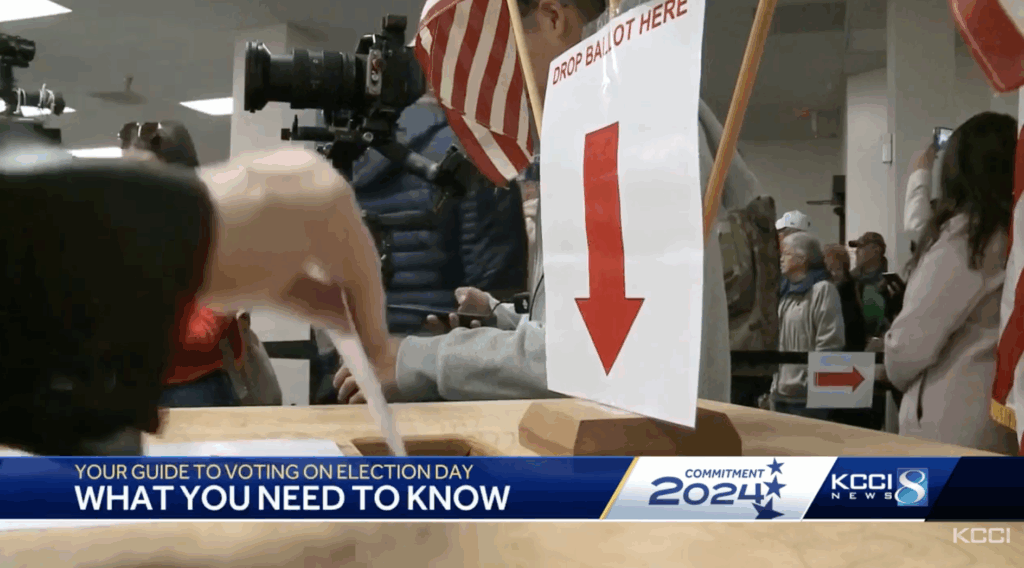Unelected bureaucrats have a reputation for delaying processes, particularly regarding election integrity efforts. This is evident in the implementation of President Donald Trump’s Executive Order 14248, signed on March 25, aimed at securing the election system.
Explainer Look Who's Stalling Trump's Election Integrity Protections
Six months post-signing, the initiative has faced significant delays due to court challenges and resistance from election officials. The Republican National Lawyers Association highlighted the frustration on social media, noting that it has been 185 days since the order was issued, exceeding the 180-day deadline set for the Election Assistance Commission (EAC) to act on new voting standards.
The executive order mandates the EAC to amend the Voluntary Voting System Guidelines (VVSG) to enhance election integrity. However, the process has been stalled, with accusations of bureaucratic dysfunction and political maneuvering complicating progress.
During a recent EAC meeting, a vote on the next iteration of the VVSG was postponed after a committee member expressed a lack of sufficient feedback on the proposed guidelines. EAC Chairman Don Palmer indicated he was not inclined to hold frequent meetings to discuss the guidelines further, emphasizing the need for input from the National Association of State Election Directors (NASED).
Political concerns have also surfaced, with Democratic lawmakers requesting a halt to the consideration of the draft guidelines, arguing that the EAC is compromising its independence due to the executive order. They have labeled the order as unlawful, citing injunctions from federal judges that have impeded its implementation.
The executive order includes provisions requiring proof of U.S. citizenship for voters and aims to limit mail-in ballots, which have been criticized for security vulnerabilities. Some states are already moving towards these standards, with Georgia mandating the removal of QR codes from ballots by next year.
The NASED's decision to delay the vote on the voting system guidelines has drawn scrutiny, especially considering its affiliations with various organizations, including technology companies involved in voting systems. Critics argue that these affiliations may influence the association's stance on election integrity measures.
As the debate continues, the push for enhanced election security remains a contentious issue, with various stakeholders advocating for differing approaches to ensure the integrity of the electoral process.
Why it matters
- Delays in implementing Trump's Executive Order 14248 highlight bureaucratic challenges in enhancing election integrity.
- The EAC's failure to meet the 180-day deadline raises concerns about accountability in election oversight.
- Political tensions are escalating as Democratic lawmakers challenge the legality of the executive order, complicating progress.
What’s next
- The EAC is expected to revisit the voting guidelines after gathering more feedback from stakeholders.
- Georgia's mandate to remove QR codes from ballots by next year signals state-level moves towards new voting standards.
